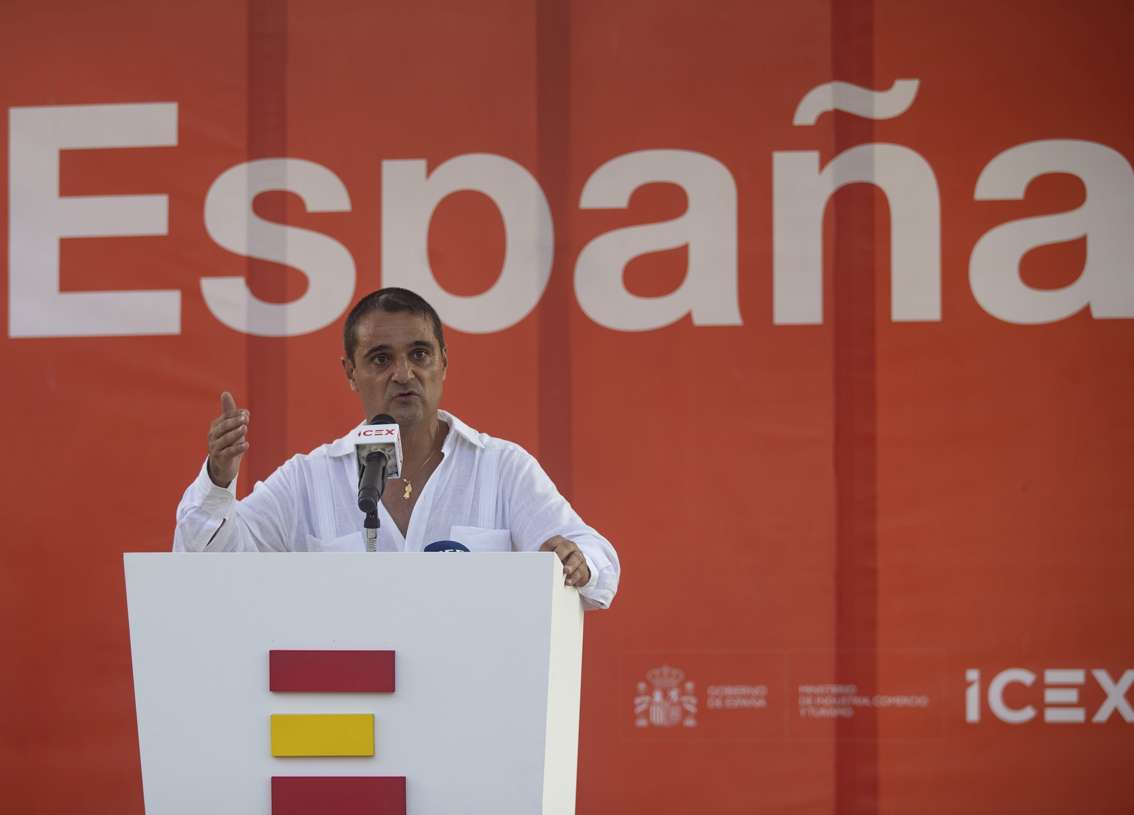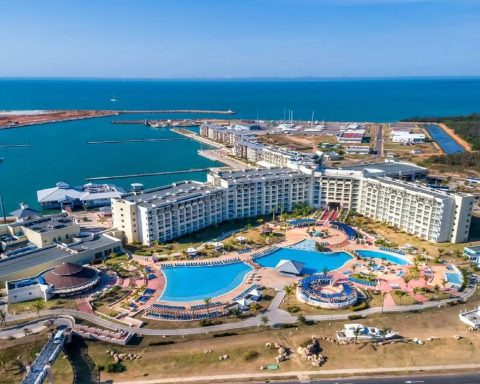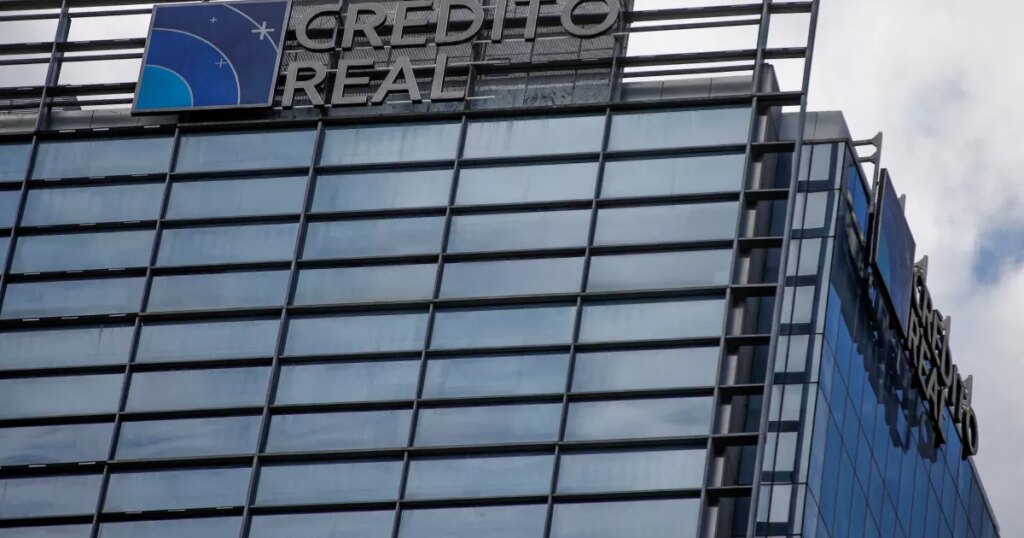The Association of Spanish Entrepreneurs in Cuba (AEEC) inaugurated this Wednesday its new headquarters in Havana coinciding with the celebration of the International Fair of Havana (Fihav), the largest commercial stock market in the country.
The association, with some 250 members from the manufacturing, tourism, banking, logistics, food and commercial sectors, has been operating in Cuba for nearly three decades with the aim of promoting relations between companies from both countries and supporting Spanish businessmen in their activity on the island.
According to an Efe report, the new president of the AEEC, Joaquín Samperio Sañudo, and the Spanish ambassador to Cuba, Ángel Martín Peccis, participated in the inauguration.
The Fihav started this Monday with the participation of 570 companies from 62 countries, according to figures from its organizers. Among the largest representations is the Spanish one, with 80 companies, although its presence has decreased from the 110 that participated in the last edition, in 2019.
Bilateral relations with Spain are important for Cuba: the European country is its third commercial partner and its first supplier from Europe, according to the first deputy minister of Foreign Trade and foreign investment, Ana Teresita González, recalled.
For his part, Martín Peccis stressed this week when visiting his country’s pavilions at FIHAV that Spanish businessmen are here to contribute to the development of Cuba, although he recognized that the current situation is not easy. The Spanish business community, he said, “also wants a prosperous Cuba.”
Constitution of the mixed company IBERANTILLAS SA sponsored by the MINTUR between Gran Caribe SA and Iberostar.
#International Fair #InvestinCuba #FIHAV #businessincuba #Cuba #FIHAV2022 pic.twitter.com/JLZOlK6nyO
— FIHAV (@FeriaHabana) November 16, 2022
The Cuban government thanked the Spanish businessman for having maintained “confidence in Cuba” and continuing to operate on the island.
Cuba has suffered a serious crisis for two years, characterized by shortages of basic products (from food and medicine to fuel), high inflation, partial dollarization of the economy and frequent and prolonged power outages.
Efe/OnCuba.
















